Gray matter matters

This month’s books feature our encephalon. Complex and still largely unknown, our brains have fascinated humans since ancient times, but neuroscience as we know it began with Santiago Ramón y Cajal. The Spanish neuroscientist won the 1906 Nobel Prize in Physiology or Medicine for his pioneering work with microscopes on brain structures. In honor of mental health month this May, pick up a cerebral book and learn a little more about gray matter.
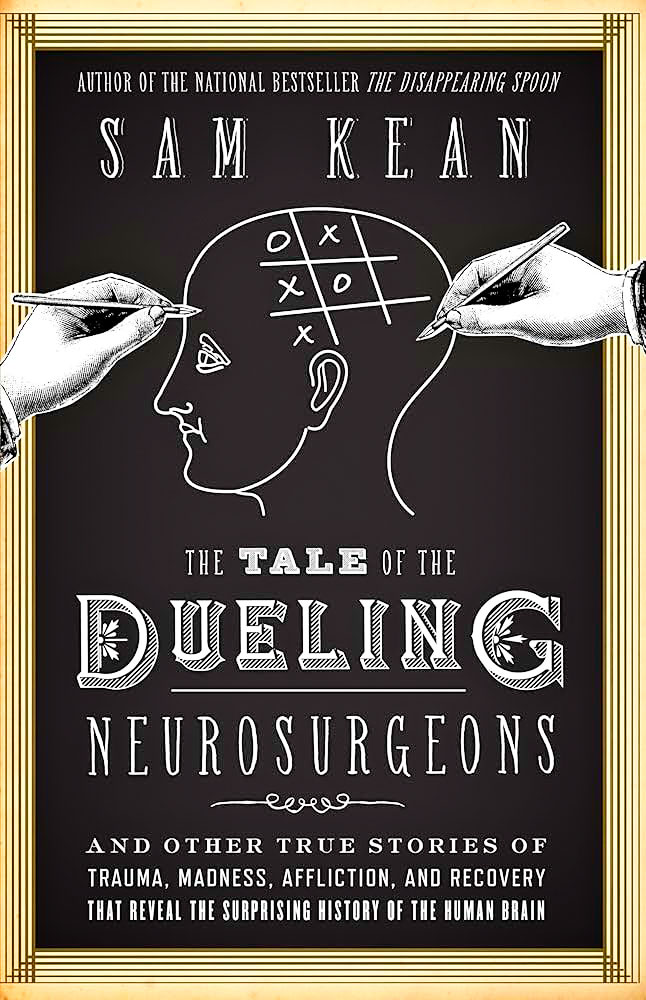
The Tale of The Dueling Neurosurgeons: The History of the Human Brain as Revealed by True Stories of Trauma, Madness, and Recovery by Sam Kean is a collection of short nonfiction anecdotes that “recount forgotten stories of common people whose struggles, resiliency and deep humanity made modern neuroscience possible,” according to the book blurb.
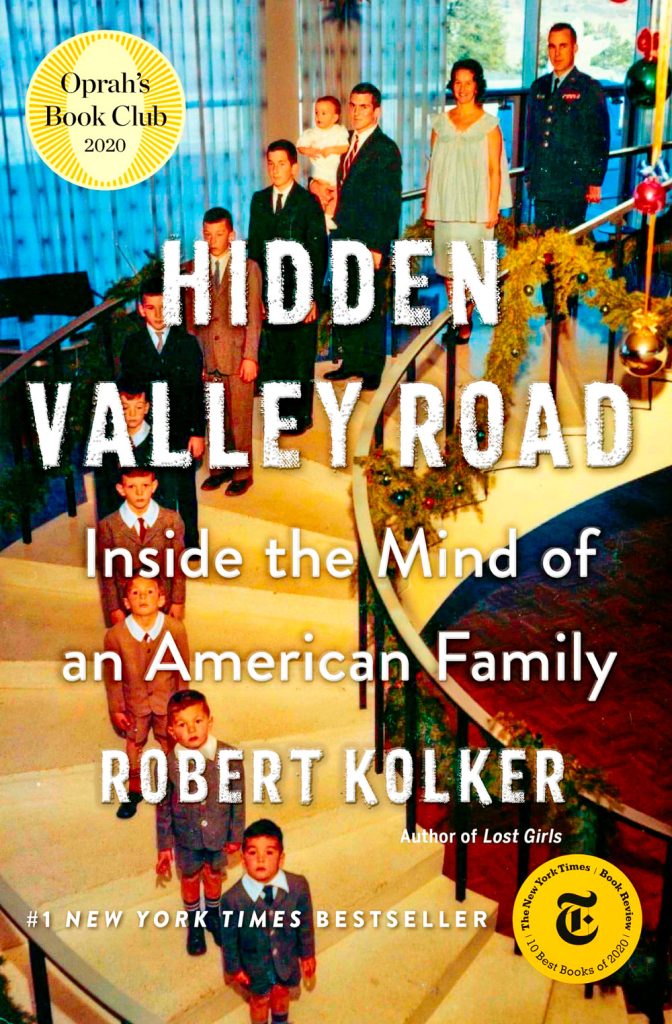
Hidden Valley Road: Inside the Mind of an American Family by Robert Kolker traces one Colorado Springs family through madness, heartache and psychological breakdowns as six of Don and Mimi Galvin’s 10 sons are diagnosed with schizophrenia in just a few years. One of the first families to be studied by the National Institute of Mental Health, this book studies the complexities between nature, nurture, genetics, environment and the landscape of mental illness.
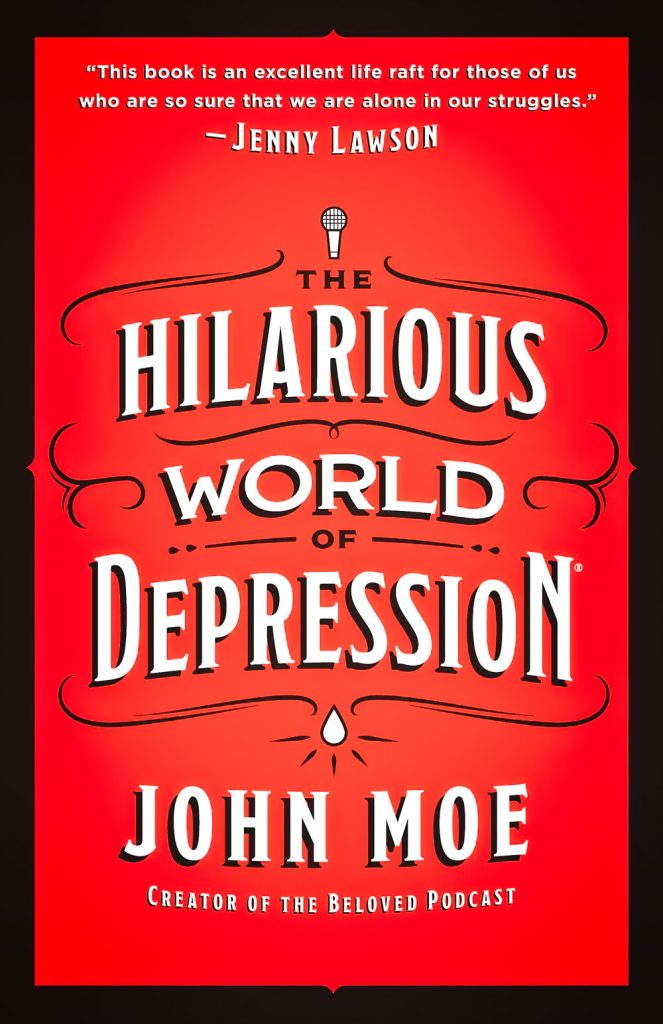
The Hilarious World of Depression by John Moe looks at the whole of depression and all its nefarious parts with humanity, humor and honesty. Moe uses his personal and family experiences as the foundation of this investigative, comical memoir. He also includes stories and conversations with others who struggle with the disease of depression.
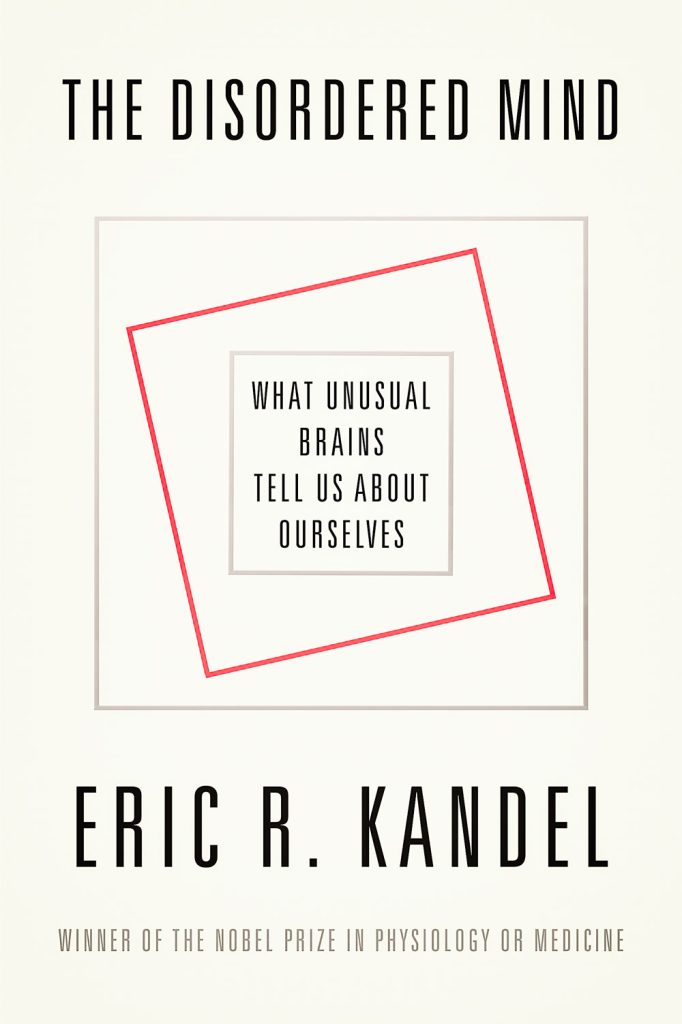
The Disordered Mind: What Unusual Brains Tell Us About Ourselves by Eric. R Kandel seeks to answer the question of how individual sense of self arises from the physical matter of the brain. A pioneer of modern brain science, Kandel is a Nobel Prize winner in Physiology or Medicine. Kandel illustrates how disruptions in brain neuron connections can give rise to disordered conditions and what we can learn from those disruptions.
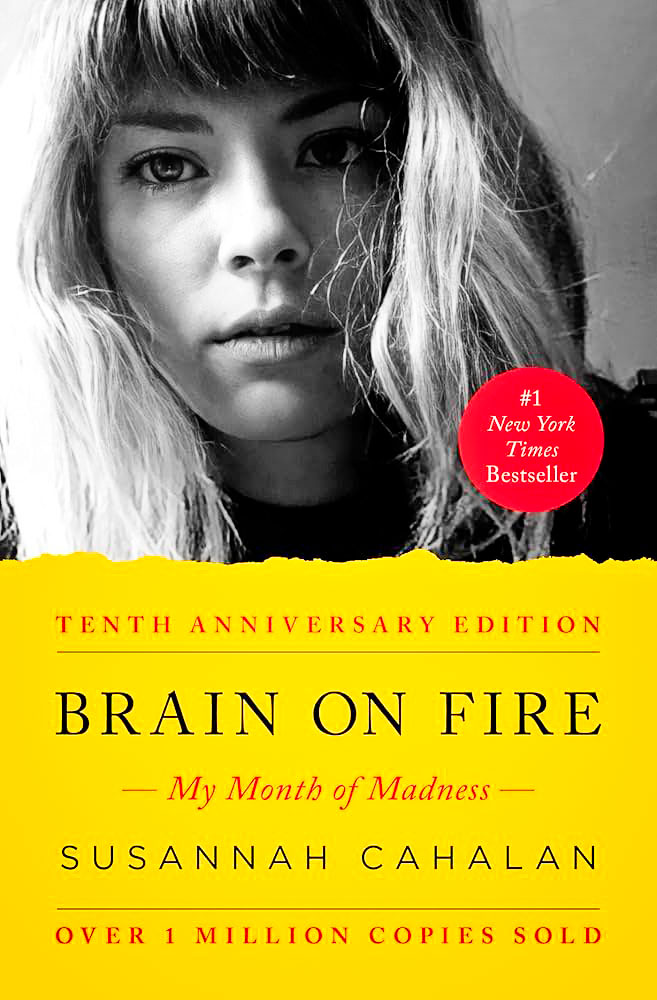
Brain on Fire: My Month of Madness by Susannah Cahalan is the memoir the Netflix documentary of the same name is based upon. Cahalan was an emerging young adult, starting a new job and serious relationship when her world fell apart. She woke up restrained in a hospital bed and had no memory of how she got there.
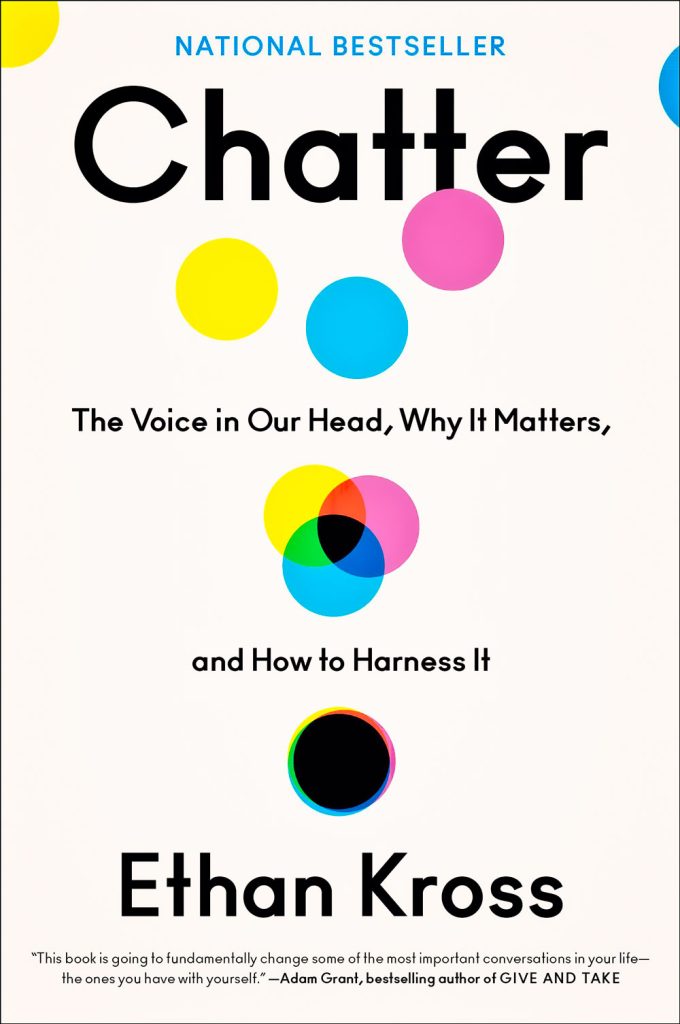
Chatter: The Voice in our Head, Why it Matters, and How to Harness It by Ethan Kross explores the silent conversations in our head and how they “shape our lives, work and relationships,” says the book information. Negative self-talk can damage more than our mood, and the acclaimed psychologist also tips the reader to the tools that transform our inner voice into a superpower.

Asperger’s Children: The Origins of Autism in Nazi Vienna by Edith Sheffer shows both sides of autism pioneer Hans Asperger. First published in 2018, this book is the first that joins Nazism with autism. Asperger was primarily known for his compassion and defense of disabled children, but Sheffer “uncovers how a diagnosis common today emerged from the atrocities of the Third Reich,” states the book description.
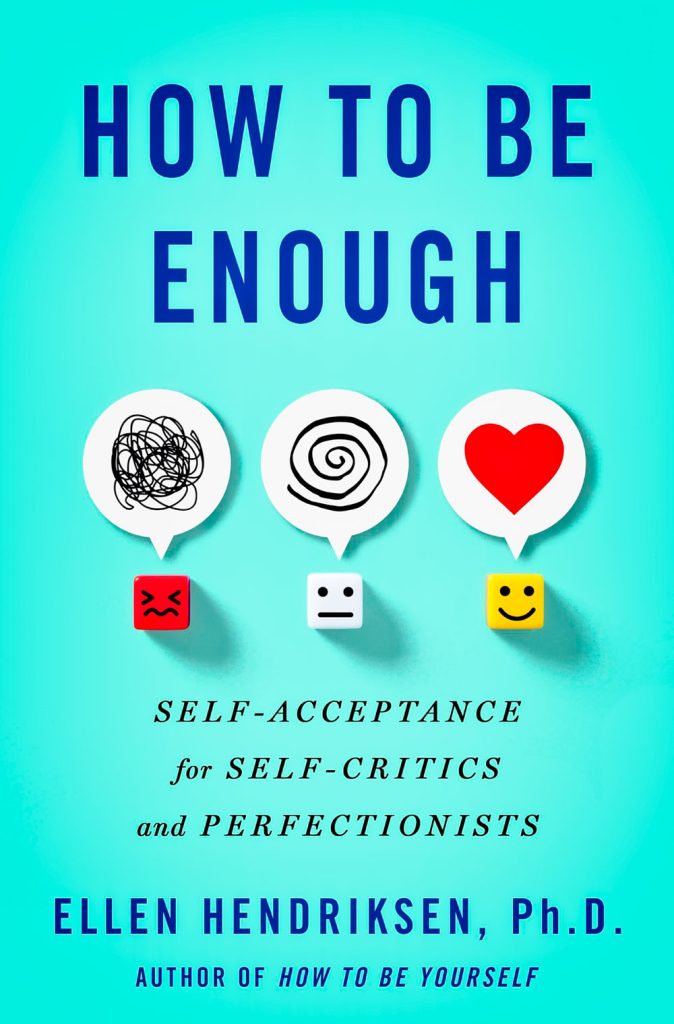
How to Be Enough: Self-Acceptance for Self-Critics and Perfectionists by Ellen Hendriksen is a guide to help readers learn self-compassion and switch their mindset. “With compassion and humor, Hendriksen lays out a clear, effective and empowering guide…to enjoy rather than improve, be real rather than impressive, and be good to yourself when you’re wired to be hard on yourself,” states the book back.
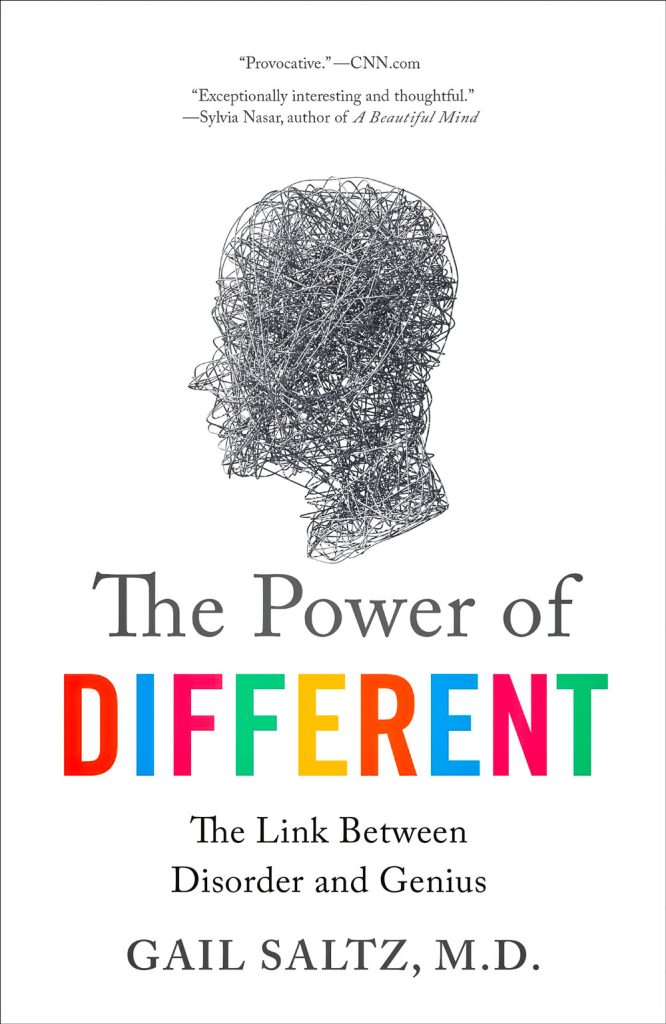
The Power of Different: The Link Between Disorder and Genius by Gail Saltz, M.D., is based on scientific discoveries that show connections between brain disorders and disabilities and the potential for great talent. “Saltz shows how the very conditions that cause people to experience difficulty at school, in social situations, at home, or at work, are inextricably bound to creative, disciplinary, artistic, empathetic and cognitive abilities,” reads the book blurb.
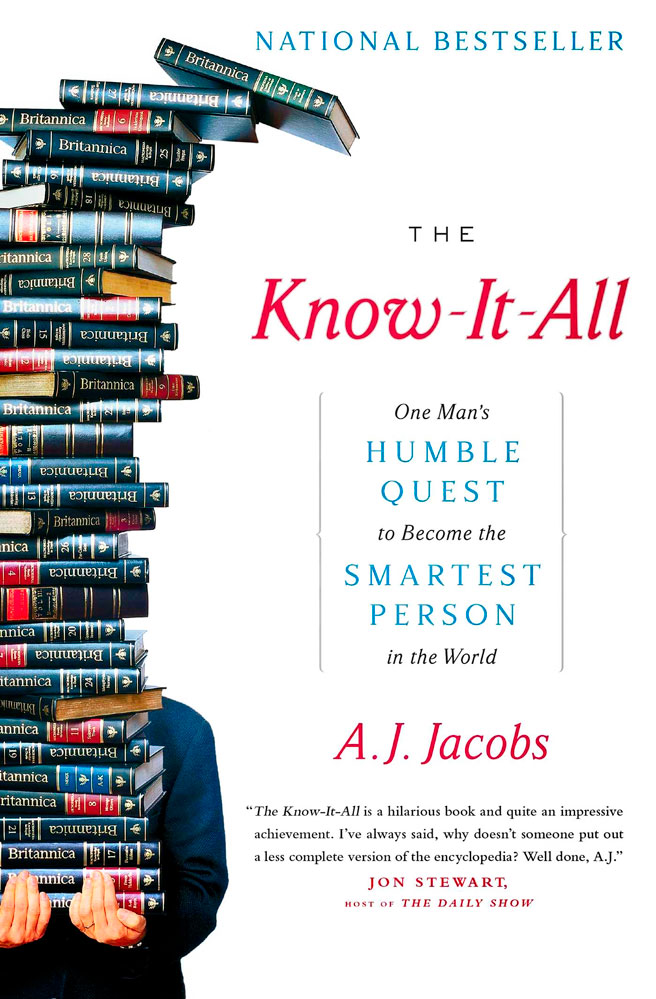
The Know-It-All: One Man’s Humble Quest to Become the Smartest Person in the World by A.J. Jacobs chronicles Jacobs’s obsession with reading the entire 32-volume Encyclopedia Britannica. With frankness and humor, this memoir ponders the meaning of intelligence and candidly highlights the disruptions in all aspects of Jacobs’s life from 44 million words on 33,000 pages.
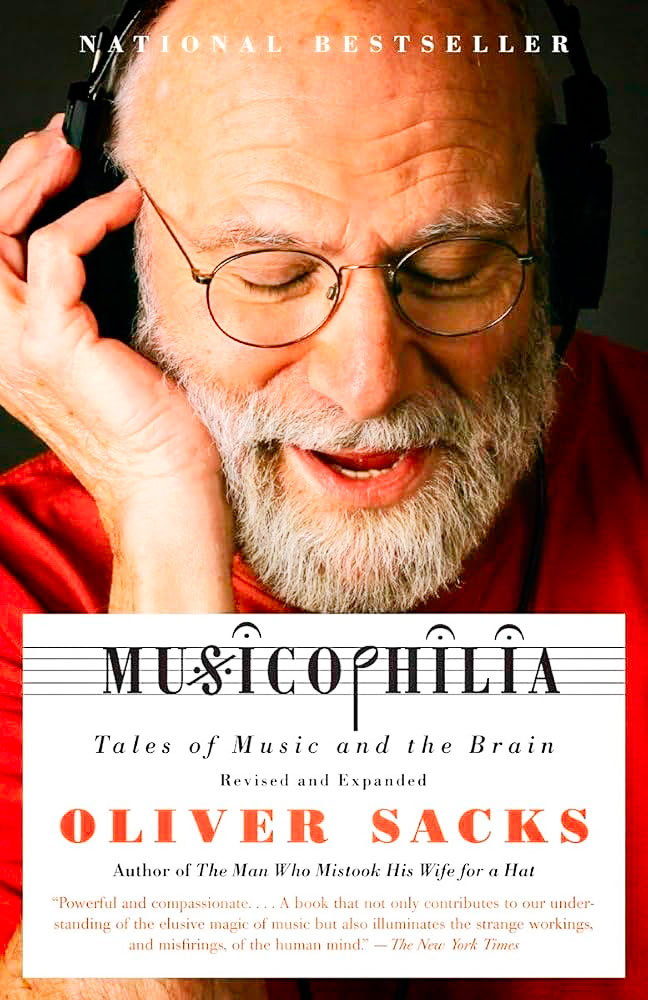
Musicophilia: Tales of Music and the Brain by Oliver Sacks uses anecdotes from his career in neurology to illustrate intersection between music and the human brain. Sacks explores instances when accident, injury, birth defect or disease changes a person’s relationship with music and what the overreaching implications could be for the rest of us.

The Professor and the Madman: A Tale of Murder, Insanity, and the Making of the Oxford English Dictionary by Simon Winchester introduces readers to Professor James Murray, committee lead for collecting word definitions for the creation of the dictionary and Dr. W.C. Minor, an American asylum inmate who submitted more than 10,000 entries.
By Celeste McNeil; courtesy photos